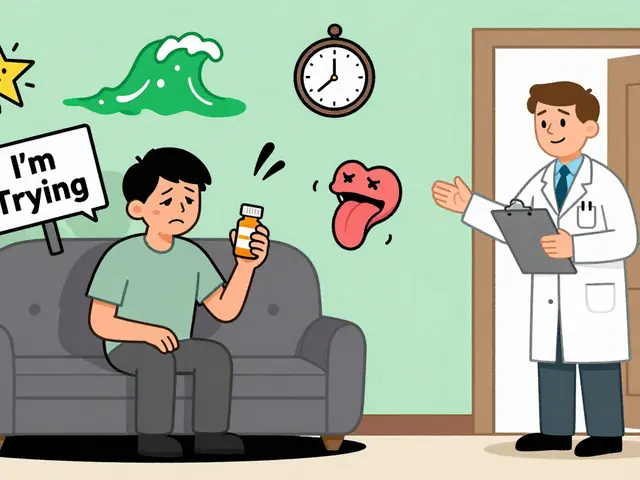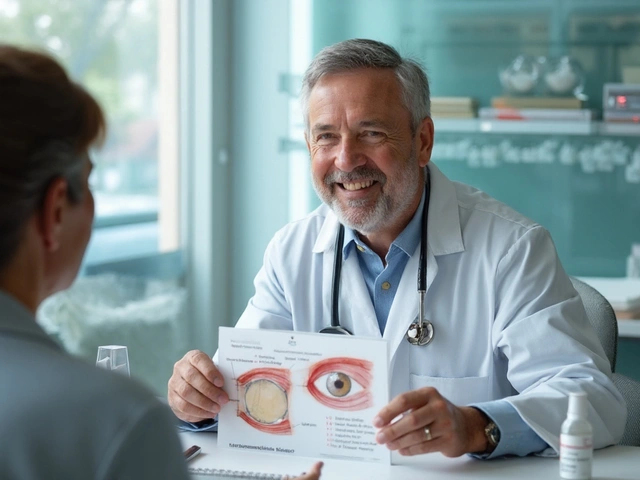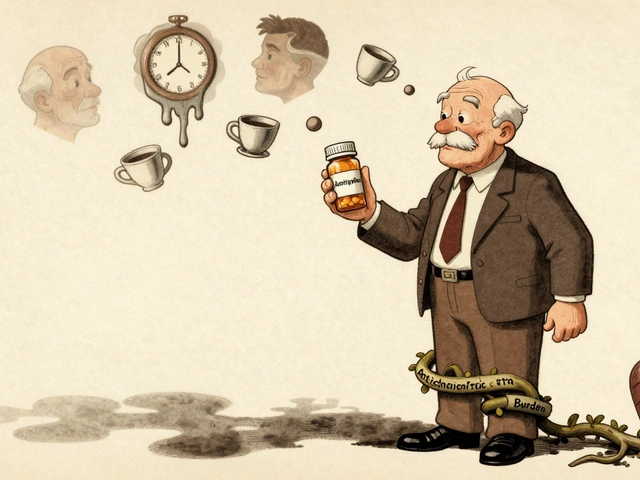Lung Cancer Basics: What You Need to Know
When you hear "lung cancer," you probably think of a scary disease that hits later in life. The truth is, it starts with cells in the lungs growing out of control. Those cells can spread quickly, but catching it early makes a big difference.
Most lung cancers are linked to smoking, but they also appear in people who never smoked. Air pollution, workplace chemicals, and a family history can raise the risk too. Knowing the risk factors helps you take steps to lower them.
Common Symptoms to Spot Early
Early lung cancer often shows up with vague signs. A cough that won’t quit, coughing up blood, or feeling short of breath are red flags. Some people notice chest pain, hoarseness, or unexplained weight loss. If any of these last more than a few weeks, call your doctor.
Because these symptoms overlap with other illnesses, doctors use imaging tests to confirm. A chest X‑ray is usually the first step, followed by a CT scan for a clearer picture. If a suspicious spot shows up, a biopsy—taking a tiny tissue sample—helps determine if it’s cancer.
Treatment Paths and What to Expect
Once cancer is confirmed, treatment depends on the stage and type. Early‑stage tumors might be removed with surgery. For larger or spread‑out cancers, doctors combine radiation, chemotherapy, and newer options like targeted therapy or immunotherapy.
Targeted therapy zeroes in on specific gene changes in the tumor, while immunotherapy boosts your immune system to attack the cancer. Both have fewer side effects than traditional chemo, but they’re not right for everyone.
Side effects are a real concern. Nausea, hair loss, and fatigue are common with chemo, while radiation can cause skin irritation. Your care team will adjust doses and give medicines to keep you as comfortable as possible.
Living with lung cancer also means handling the emotional side. Support groups, counseling, and talking openly with family can reduce anxiety. Simple habits like staying active, eating a balanced diet, and getting enough sleep help your body handle treatment better.
Research keeps moving forward. In the past few years, doctors have approved several new immunotherapy drugs that improve survival rates. Clinical trials are constantly testing fresh combos, so ask your doctor if a trial might be an option.
While lung cancer is serious, many people live many years after diagnosis, especially when caught early. Staying aware of symptoms, getting screened if you’re at high risk, and following your doctor’s plan give you the best shot.
Bottom line: don’t ignore a persistent cough or breathing trouble. Early detection, solid treatment, and a strong support system are the three pillars that help you fight lung cancer effectively.

Smoking and Cancer Risks Beyond Lung Cancer
- By : Tamsin Riverton
- Date : Sep 15 2025
Explore how smoking drives cancers beyond the lungs, from head‑and‑neck to bladder, with stats, mechanisms and practical steps to reduce risk.




